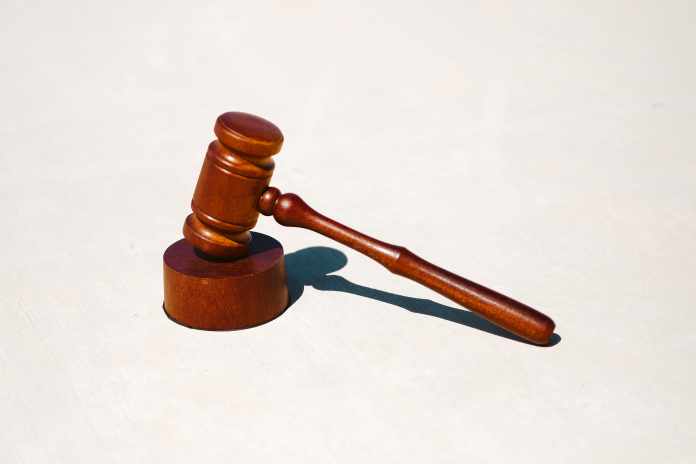A power of attorney (POA) refers to a legal document where a person(principal) designates another person(known as attorney-in-fact or agent) to work on your behalf. This document authorizes attorneys-in-fact or agents to make minimal or ample decisions. POA also refers to the designated person to serve in this manner. So, you have got an answer to the question – What is a power of attorney? Now let’s discuss different types of power of attorney and when you need them.
Table of Contents
Different Types of POA
Find the various types of POA below:
Durable POA
A durable POA starts when someone signs it but stays active forever unless you cancel it. This document’s words need to specify that an agent’s capabilities should be effective even if you are incapable. This type of POA is accepted worldwide as the agent can easily and cost-effectively handle affairs.
Springing POA
Springing POA goes into effect when a certain event takes place(for instance, your disablement). You should carefully draft this type of POA to ignore any issues related to identifying once the inciting event happens.
Conventional POA
Conventional POA starts once signed and stays active until you are mentally incapable of making logical decisions. You should specify the responsibilities you are giving to your agent.
The authority can be as specific as ordering authority to sign a sale agreement for your home when you are on a trip abroad. This type of authority is known as “limited power of attorney,” which is commonly used in discretionary money management that gives the money managers authority to buy and sell an investment as clients depending on their personal decisions.
Medical POA
A medical POA is a combination of durable and springing POA. Due to the springing element, a POA comes into effect when specific things occur. The medical POA will not trigger as long as the principal is mentally and physically active.
Some of them are written to conclude as soon as the principal recovers from the disabling condition. You can create various POAs for various conditions and appoint multiple agents to manage the documents.
When Do You Need a POA
Whenever you have the question “what is a power of attorney”, you must have thought about why you need one. Remember, incapacity is not the only reason to need a POA. If you are a young person who needs to travel a lot, you can create a POA so others can manage important work in your absence.
When you have a POA, you can ask your attorney-in-fact or agent to make monetary decisions and improve your well-being. They can pay bills, sell assets to pay medical costs, and do Medicaid planning. Your agents can also conduct banking transactions, make real estate choices, do healthcare billing and deal with retirement benefits.
Bottom Line
Hopefully, this post has helped you understand – What is a power of attorney?. When you choose a person to hold your POA and specify they will work even if you lose power, it ensures that you have a proper plan to administer personal and financial affairs in your absence.
Now you know when you need a POA. The best part of this agreement is that you get more control over handling processes in urgency. Even if you shift to another country, your POA remains active to manage all your work.
















